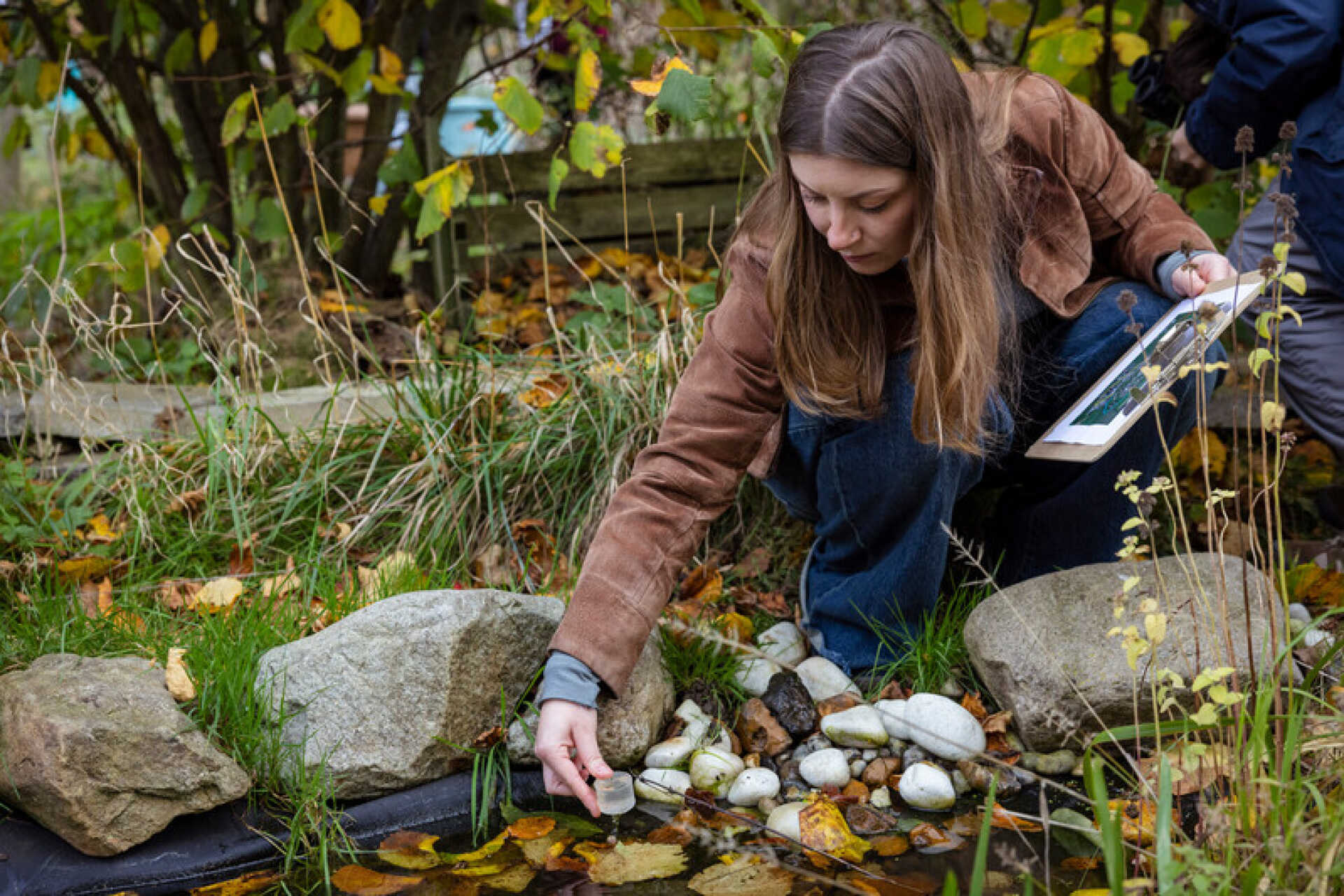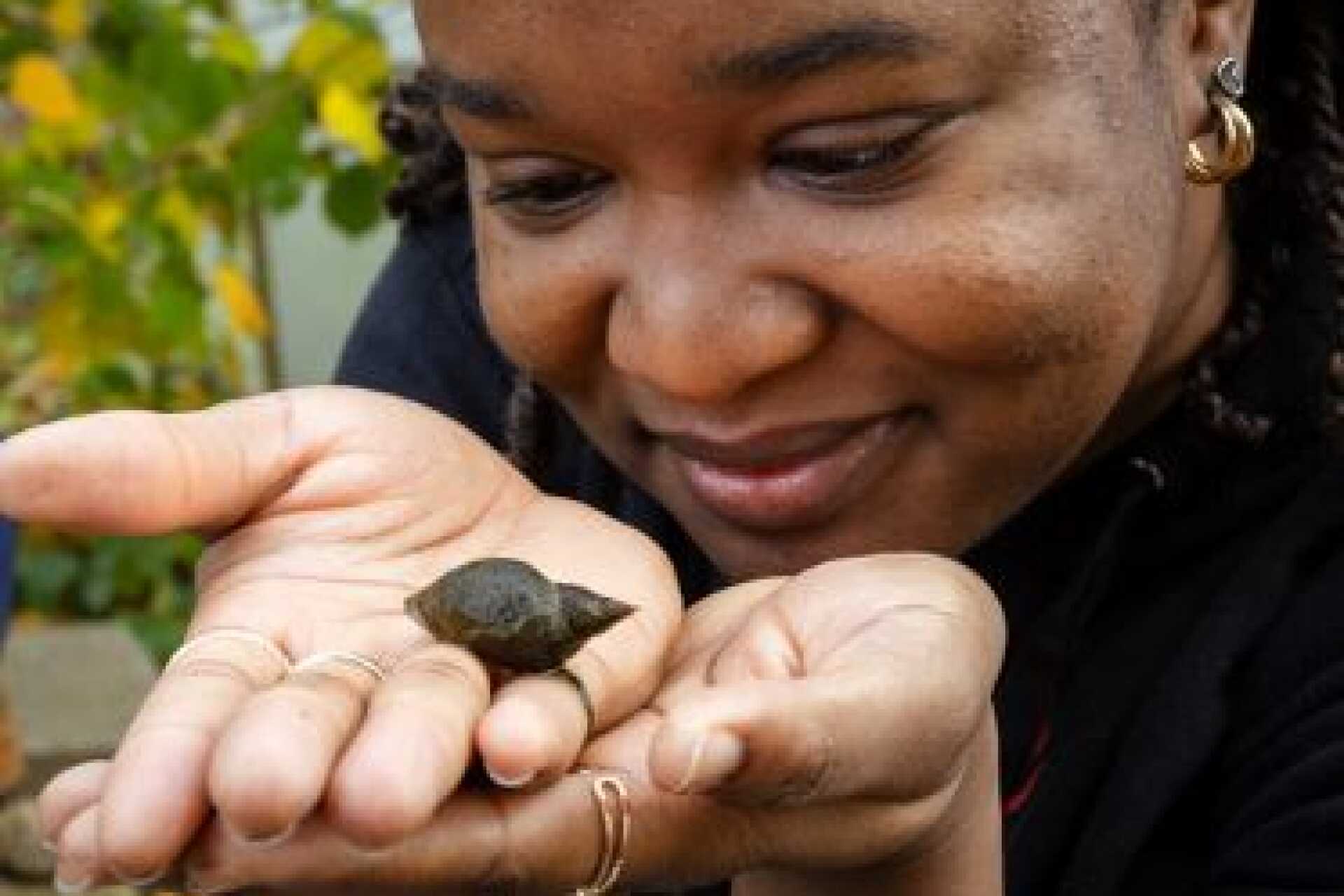What can I do with a degree in conservation & ecology?

Professionals in ecology and wildlife conservation play a vital role in protecting biodiversity and ecosystems. Your ability to understand ecological systems, conduct research, and develop sustainable solutions will be highly sought after in both local and global contexts. Get ideas and inspiration here before booking a one-to-one appointment with a careers adviser.
Careers in Ecology & Wildlife Conservation
The following roles are examples of job opportunities available to graduates of the Ecology and Wildlife Conservation programmes, drawing on skills in ecology, environmental management, data collection, and public engagement:
Nature Conservation Officer Protect and enhance wildlife habitats through fieldwork, community engagement, and conservation planning.
Ecologist Conduct surveys and ecological assessments, using data to inform development decisions and conservation strategies.
Environmental Consultant Advise organisations on environmental risks and compliance, working across commercial and governmental projects.
Environmental Education Officer Deliver outreach programmes to schools and the public to promote environmental awareness and engagement.
Marine Scientist Analyse marine environments, including coral reefs, fisheries, and ocean ecosystems.
Forest/Woodland Manager Manage a forested area including balancing conservation with sustainable timber production.
Fisheries Officer Monitor aquatic life, advises on sustainable fishing and promotes the conservation of fish.
Zoologist Study animal behaviour, physiology, and habitats, often working in research institutions, conservation bodies or zoos.
Zookeeper Care for animals in zoos or wildlife parks and provides education on the animals to the public.
Alternative career paths
An Ecology and Wildlife Conservation degree also equips you for a range of other career paths where transferable skills like research, communication, and analysis are highly valued:
Policy Officer Research and shape policy on climate change, conservation, and land use in government and NGOs.
Science Writer Convey scientific information to the public via the general media or through scientific publications.
Sustainability Consultant Advise organisations on strategies to reduce their environmental impact and implement sustainable practices.
Environmental/Sustainability Manager Ensure that an organisation is meeting environmental/sustainability legislation and targets.
Recycling Officer Design, monitor, improve and publicise recycling schemes.
Geographical Information Systems (GIS) Officer Use mapping and spatial data technologies to analyse habitats, species distribution, and environmental risks.
Higher Education Lecturer Contribute to new scientific knowledge in universities through advanced study and teaching.
Research Scientist Design and conduct experiments to generate new knowledge, solve problems, and advance understanding.
Government Research Officer Gather, analyse, and interpret data to inform public policy, support decision-making, and evaluate the effectiveness of government programmes.
Volunteer Coordinator Recruit and manage volunteers, who play a vital role in the conservation sector.
Where do University of Kent graduates work?
This is a selection of organisations that have employed University of Kent graduates in the past. There are many more possible employers in these and other industries.
- Wildlife and conservation charities: RSPB, WWF, Kent Wildlife Trust, The Wildlife Trusts, The National Trust, The Woodland Trust
- Environmental agencies: Natural England, Environment Agency, Forestry Commission, Marine Conservation Society
- Government and public services: DEFRA, Natural Resources Wales, Scottish Natural Heritage, Local Authorities
- Ecological and environmental consultancies: WSP, Ricardo, Mott MacDonald, ADAS
- International NGOs and development bodies: Fauna & Flora International, UNEP, IUCN
- Zoos, aquariums and museums: The Aspinall Foundation, The Wildwood Trust, ZSL London Zoo, Chester Zoo, Eden Project, Natural History Museum

Find a job
The Careers and Employability Service provides information and advice on job searching to University of Kent students and recent graduates. This includes a vacancy database advertising a range of graduate jobs, placement year and vacation work/internships.
Conservation & Environmental recruitment platforms
General graduate job search platforms
Tips to stand out
- Gain practical experience: Develop technical skills and work-place based knowledge through volunteering with conservation charities or trusts and get involved in citizen science projects or conservation societies such as Kent BioBlitz, University of Kent Conservation Society, Butterfly Conservation’s Big Butterfly Count, RSPB’s Big Garden Birdwatch).
- Take a Year in Industry: Consider a placement year or internship with an environmental NGO or consultancy.
- Connect with Alumni & Mentors: Use LinkedIn and Kent’s Career Mentoring scheme to build connections with alumni and professionals to gain insights into your target roles and industries.
- Network: Connect and collaborate via online wildlife & conservation forums or LinkedIn groups and by attending environmental events, webinars, or joining professional bodies (e.g., The Chartered Institute of Ecology and Environmental Management, British Ecological Society).
- Develop technical skills: Learn GIS and statistical software (e.g., QGIS, R) to strengthen technical skills.
- Build commercial awareness: Stay up to date with policy, climate reports, and global biodiversity trends.

Year in industry
A year in industry can have a big impact on your employability. By gaining real-world experience and learning key skills in the workplace, and pairing these with the knowledge you gain on your degree, you can become a highly employable candidate in the labour market. The year can be based in the UK or abroad, including your home country if you're an international student, and contribute to your final degree. At The University of Kent, many courses include an optional year in industry between your second and final year, where you undertake graduate-level work related to your studies.
Further study
Some conservation graduates go on to specialise through postgraduate qualifications. You may consider courses in:
- Conservation Biology
- Ecology and Environmental Management
- Marine Biology
- Environmental Policy or GIS
- MSc by Research (MRes) or PhD in Wildlife-related disciplines